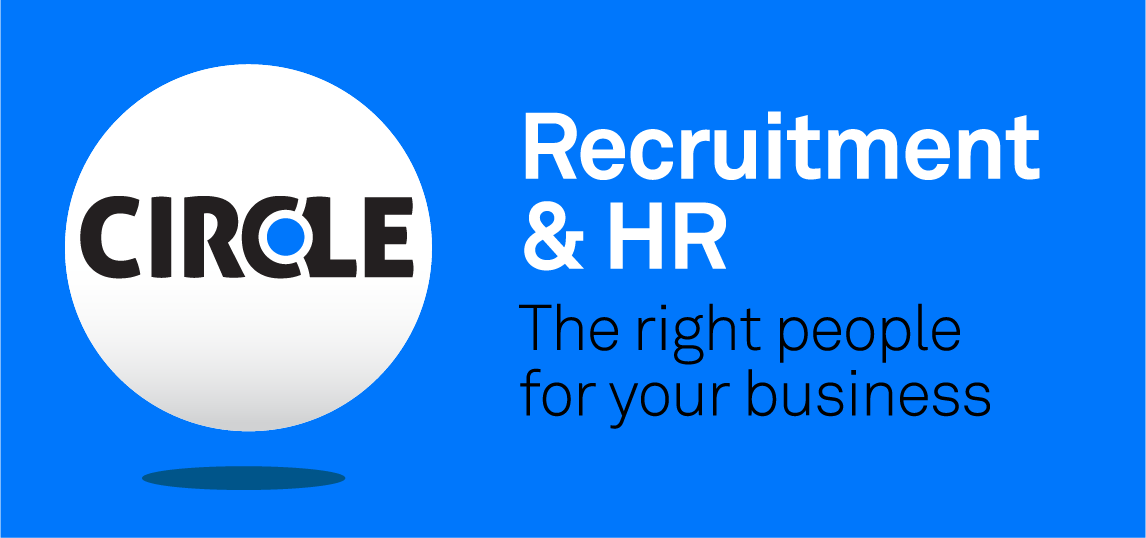Have you ever struggled with the classic interview question;
What are some of your strengths / What are some of your weaknesses?
An almost unavoidable query in any interview setting, it is important as an interviewee to have a confident grasp on your response to such a question to ensure success in your hunt for that dream role! Whilst in any regular setting it would be unnatural to boast our greatest skills and comfortably highlight our biggest weaknesses your response to this harrowing question could be the difference between progressing toward your dream job and getting a cross through your name on the list of applicants.
While, “I’m great at telling jokes” or “I have completed the Rubix Cube” may seem like viable and impressive responses at the time, they may not entirely be the desired response of your interviewer when discussing your strengths (unless applying for a position in the local talent quest of course). Equally, while some of us may be great at identifying what it is we are good at, it isn’t always as easy to highlight our weaknesses (or vice versa). This is where a specific and valuable tool comes in to use and I implore you all to make this one of your biggest strengths next time you are asked that tricky question.
What I introduce to you in this article is the powerful tool that is self awareness. Unlike many other strengths, this unique and intangible tool manifests itself through an individuals conscious knowledge of their personality, character, feelings, motives, strengths and weaknesses.
Deeply rooted in the skill of introspection, self-awareness plays the ultimate part in strategic decision making when it comes to long term decisions such as career choice and must not be ignored. An important lesson when applying self-awareness is that what works for one person doesn’t necessarily work for everyone and the key to self-awareness in job search success is understanding what it is you have to offer. The skill however, is learning how to find it!
Arguably the single greatest preparation tool, self-awareness should be utilised when your thoughts turn to finding a new job, re-entering the workforce, starting up a new business or re-thinking your long term career goals for example.
The following steps are just one way of practicing self-awareness and using it as a decision making tool:
1. Create an extensive list of your strengths
2. Create an extensive list of your weaknesses
3. Create an extensive list of what you enjoy / what industry you would like to work in.
Calling upon the opinion of your family and close peers is a great way of collating the necessary information about yourself. When making long term career decisions it is equally important to consider things you love doing, things you are good at and things you need improving on. By cross-referencing the information you have now gathered on yourself the likelihood of setting your target on a realistic and attainable job that you will succeed in is heightened! In the words of successful entrepreneur and investor Gary Vaynerchuk, “The moment you decide to accept your shortcomings and bet entirely on your strengths, things will change!”
Joseph Plumb, CIRCLE Recruitment & HR Marketing Assistant
Important Note: These articles have been prepared for general circulation and are circulated for general informational purposes only; these articles should not be regarded as business or investment advice. The articles represent the views of the writers and are subject to change without notice. Additionally, while every care has been taken in the preparation of the articles no representation or warranty as to accuracy or completeness of any statement is given. An individual or organisation should, before any business or investment decision is made, consider the appropriateness of the information in this document, and seek professional advice, having regard to objectives, situation and needs. This document is solely for the use of the party to whom it is provided.
